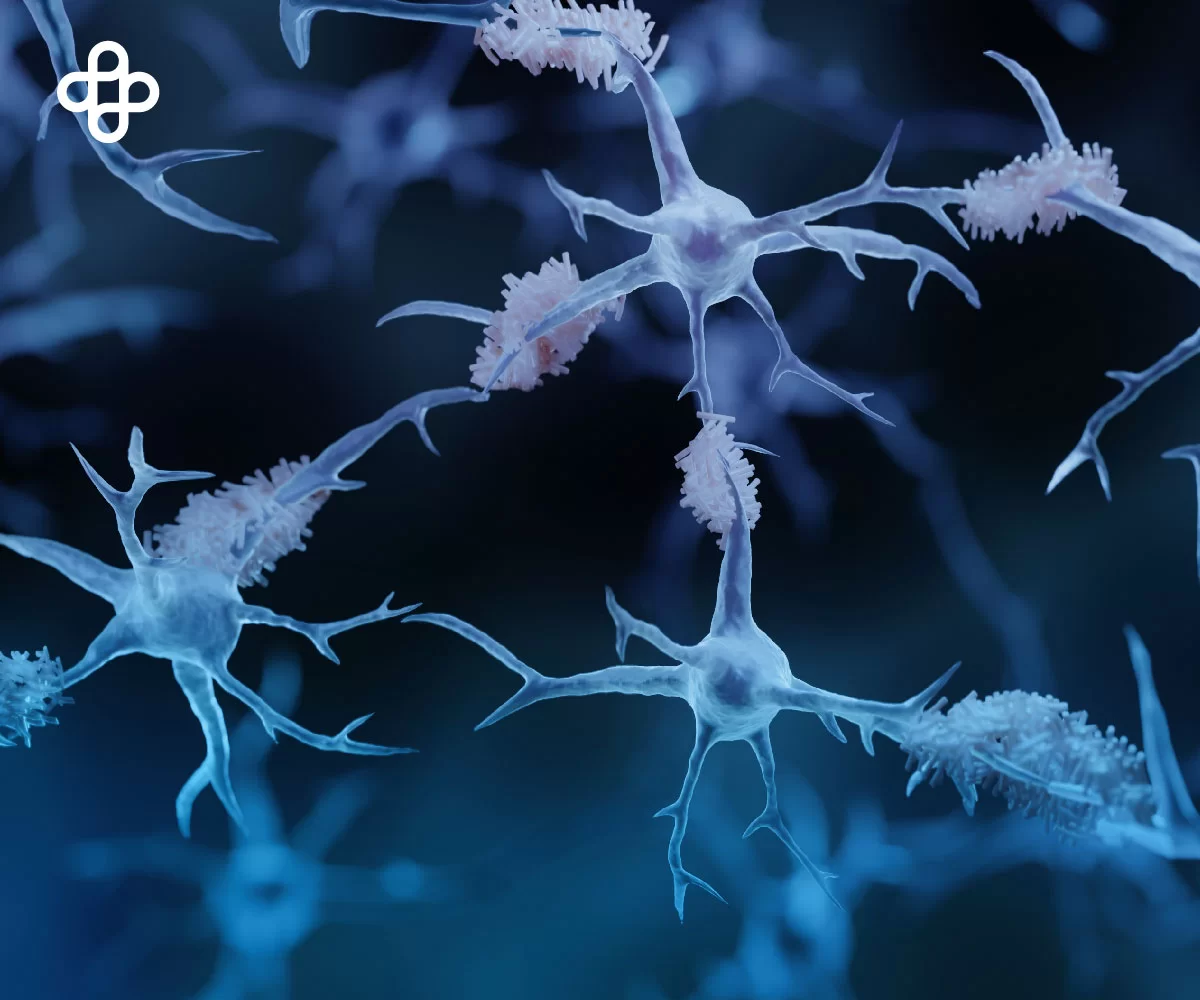Alzheimer’s disease is a neurodegenerative condition affecting millions worldwide, profoundly impacting not only patients but also their families and caregivers. Today, we will explore Alzheimer’s disease, its causes, symptoms, and the available treatment options.
What is Alzheimer’s Disease?
Alzheimer’s is a progressive form of dementia that impairs memory, thinking, and behavior. It is the most common cause of dementia, accounting for 60% to 80% of cases. The disease usually starts with mild symptoms and progressively worsens, interfering with daily life and the quality of life of those affected.
Causes of Alzheimer’s Disease
While the exact causes of Alzheimer’s remain unclear, it is believed to be the result of a combination of genetic, environmental, and lifestyle factors. Key risk factors include:
- Advanced Age: The likelihood of developing Alzheimer’s increases significantly with age, particularly after age 65.
- Genetics: Mutations in specific genes, such as APOE ε4, can raise the risk of developing the disease.
- Lifestyle and Cardiovascular Health: Conditions like high blood pressure, diabetes, obesity, and smoking may contribute to the development of Alzheimer’s.
Alzheimer’s begins with mild memory loss and can ultimately lead to the inability to maintain conversations or respond to the environment. Medical management can improve the quality of life for both patients and caregivers.
Symptoms of Alzheimer’s Disease
Symptoms of Alzheimer’s vary depending on the stage of the disease, but they generally include:
Early Stage
- Memory Loss: Forgetting recent events or newly learned information.
- Disorientation: Confusion about time and place.
- Language Difficulties: Struggling to follow or engage in conversations.
Middle Stage
- Cognitive Decline: Difficulty performing routine tasks such as cooking or managing finances.
- Mood and Behavioral Changes: Anxiety, agitation, and depression may occur.
- Severe Confusion: Trouble recognizing family members and close friends.
Late Stage
- Severe Memory Loss: Inability to recall important details and recent events.
- Physical Decline: Difficulty walking, swallowing, and controlling bladder and bowel movements.
- Complete Dependence: The need for full-time assistance with daily activities.
Diagnosing Alzheimer’s Disease
Alzheimer’s diagnosis involves a comprehensive medical assessment, including:
- Medical History: Gathering information on symptoms, family history, and prior medical conditions.
- Cognitive Evaluation: Testing memory, thinking abilities, and behavior.
- Brain Imaging: MRI or PET scans to detect changes in the brain.
- Laboratory Tests: Blood tests to rule out other possible causes of symptoms.

Treatments for Alzheimer’s Disease
Although there is no cure for Alzheimer’s, treatments are available to manage symptoms and improve quality of life. These treatments include:
Medications
- Cholinesterase Inhibitors: Help improve communication between nerve cells.
- Memantine: Regulates glutamate activity, a neurotransmitter linked to learning and memory.
- Secondary Symptom Management: Antidepressants and anti-anxiety medications for mood and behavioral symptoms.
Non-Pharmacological Therapies
- Cognitive Behavioral Therapy: Helps manage behavioral changes.
- Physical Exercise: Supports cardiovascular health and may benefit cognitive function.
- Cognitive Stimulation: Activities like puzzles and memory games that challenge the brain.
Palliative Care
- Emotional Support: Counseling and support groups for patients and caregivers.
- Advanced Care Planning: Preparing for long-term care and medical decision-making.
Preventing Alzheimer’s Disease
While Alzheimer’s cannot be fully prevented, certain habits may reduce the risk:
- Healthy Lifestyle: Balanced diet, regular exercise, and avoiding tobacco and excessive alcohol.
- Mental Stimulation: Staying mentally active with activities that challenge the brain.
- Health Management: Controlling chronic conditions like hypertension and diabetes.
Conclusion
Alzheimer’s is a complex and devastating disease, but with early detection and a comprehensive care approach, the quality of life for those affected can be significantly improved. Early diagnosis and multidisciplinary care are essential for managing Alzheimer’s effectively.
Finally, visit our article Fibromyalgia: Causes, Symptoms, and How to Improve Your Quality of Life





